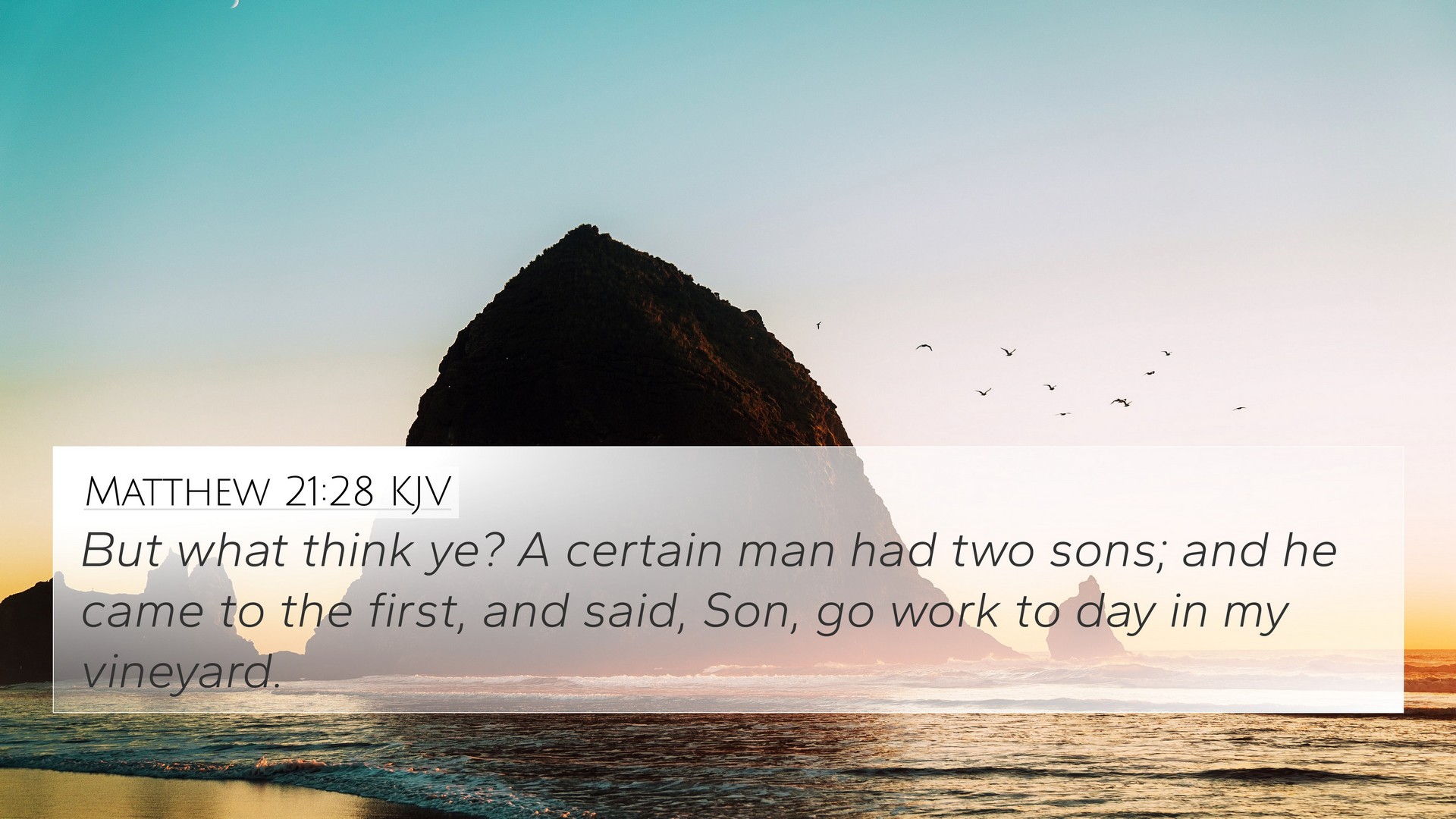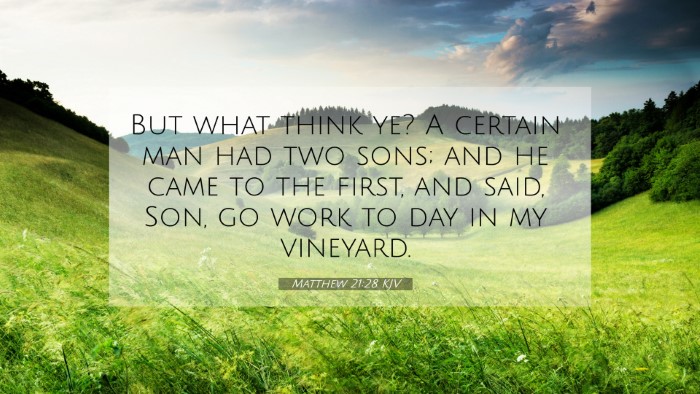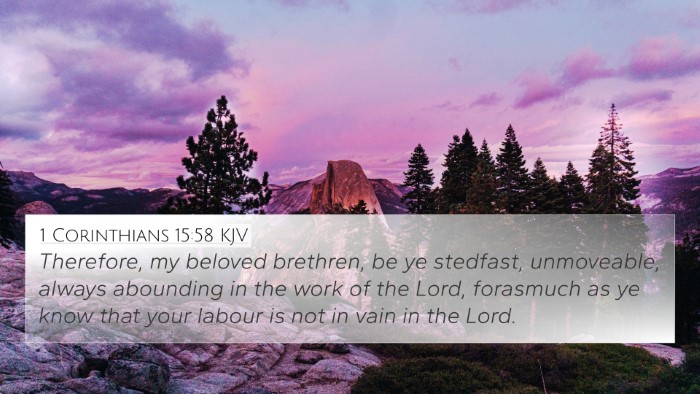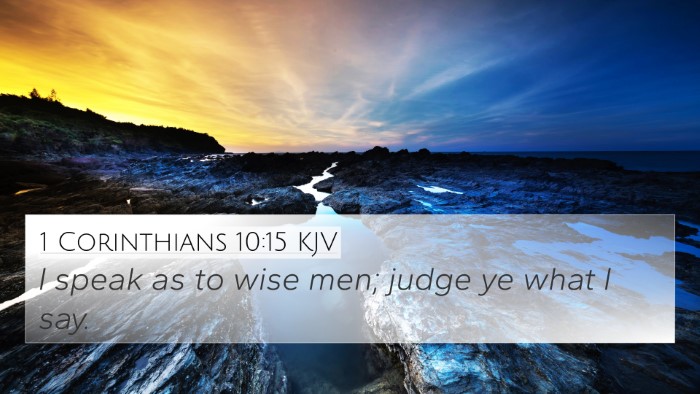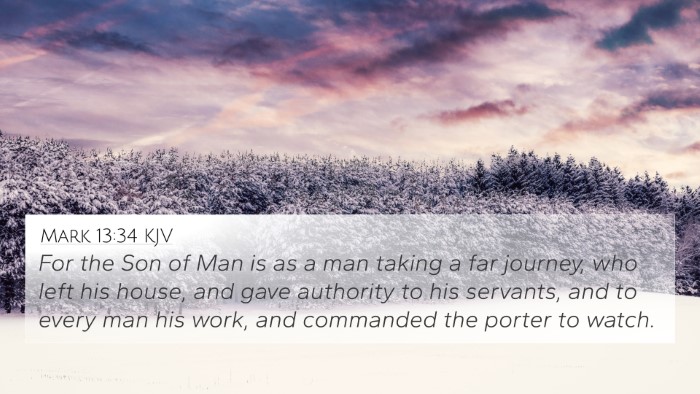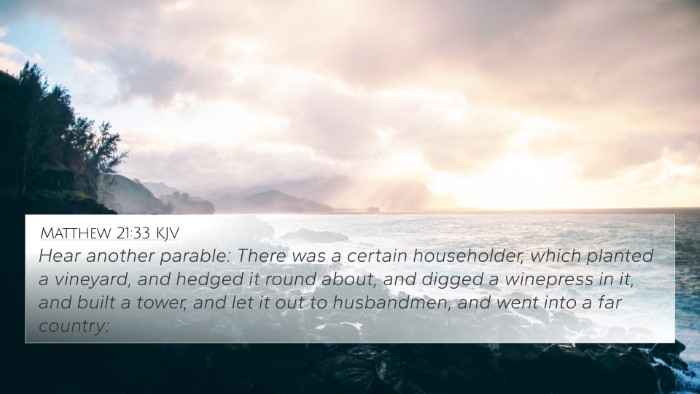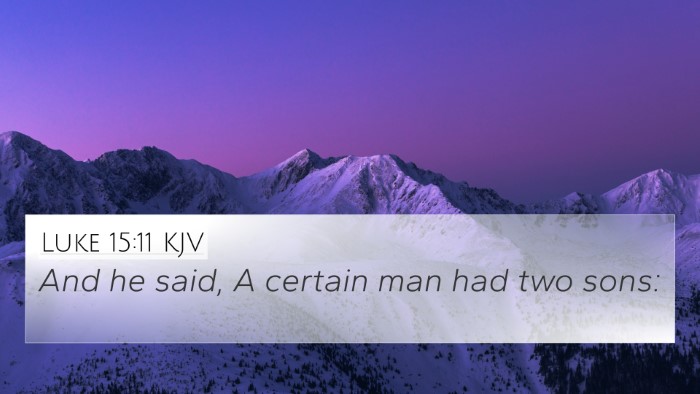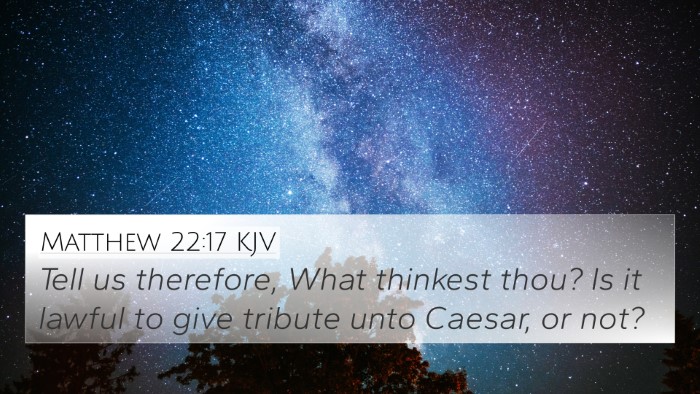Understanding Matthew 21:28
Verse: "But what think ye? A certain man had two sons; and he came to the first, and said, Son, go work today in my vineyard."
This verse serves as the introduction to a parable told by Jesus, illustrating the importance of action in fidelity to God's will. Below is a summary of interpretations drawn from various public domain commentaries.
Summary of Meaning
The parable presented in Matthew 21:28 speaks to the response to God's call and the nature of obedience. Here are the insights from renowned commentaries:
- Matthew Henry: Henry emphasizes the importance of the son's final action over his initial refusal. He comments on how this reflects human nature, particularly highlighting that many may initially resist God’s call but ultimately may act in alignment with His will.
- Albert Barnes: Barnes points out that the key lesson of the parable is about obedience tied to true repentance. The first son, who initially refuses, can symbolize sinners who later embrace repentance, contrasting with those who profess obedience but fail to act.
- Adam Clarke: Clarke expands on the theme of spiritual hypocrisy. He suggests that the component of saying "I will not" shows the rebellious nature of humanity toward divine commands, yet the ultimate doing reveals the grace of repentance.
Major Themes
- Obedience and Action: The parable emphasizes that what one does is more significant than what one professes. This calls for personal introspection regarding one's own faith and actions.
- Repentance: The idea of turning back to work in the vineyard parallels the concept of repentance in the Christian life. It teaches that one's past decisions can be rectified through action.
- Hypocrisy: The story critiques those who say they will follow God but do not follow through, paralleling themes found in other scriptures about empty promises and true devotion.
Cross References
This verse relates to several other Bible passages that enhance its meaning:
- Luke 6:46: "And why call ye me, Lord, Lord, and do not the things which I say?" - This verse emphasizes the importance of doing as Jesus commands.
- James 1:22: "But be ye doers of the word, and not hearers only, deceiving your own selves." - A clear admonition that true faith is seen in action.
- Matthew 7:21: "Not every one that saith unto me, Lord, Lord, shall enter into the kingdom of heaven; but he that doeth the will of my Father which is in heaven." - Reinforces the parable's theme regarding genuine obedience.
- Luke 15:11-32 (Parable of the Prodigal Son): Another story illustrating repentance and acceptance of God’s love after rebellion.
- John 14:15: "If ye love me, keep my commandments." - Affirms that love for God is demonstrated through the observance of His commands.
- 1 John 2:4: "He that saith, I know him, and keepeth not his commandments, is a liar, and the truth is not in him." - Highlights the correlation between knowledge of God and obedience.
- Romans 2:13: "For not the hearers of the law are just before God, but the doers of the law shall be justified." - Stresses the necessity of action in the faith.
Applications and Reflections
This parable invites self-reflection on the part of the believer. It encourages individuals to evaluate their own responses to God’s calling. Are we saying no when we should say yes? Are we merely talking about obedience instead of living it out in our daily lives?
Comparative Bible Verse Analysis
In a broader context, Matthew 21:28 provides insights that are echoed throughout the scripture regarding the nature of faith and action. The connections between verses encourage an understanding that supports a comprehensive view of obedience in the life of a believer.
Final Thoughts
Matthew 21:28 and its surrounding passages serve as a reminder of the vital importance of living out one’s faith through actions aligned with God’s will. Understanding this verse in conjunction with related scriptures helps to foster a deeper appreciation of the thematic connections throughout the Bible.
Tools for Bible Cross-Referencing
- Bible concordance
- Bible cross-reference guide
- Cross-reference Bible study
- How to use Bible cross-references
- Bible reference resources
- Cross-referencing Bible study methods
- Bible chain references
Exploring the connections between Bible verses not only enriches one's understanding but also grounds the believer in the core truths of faith that transcend individual verses.
